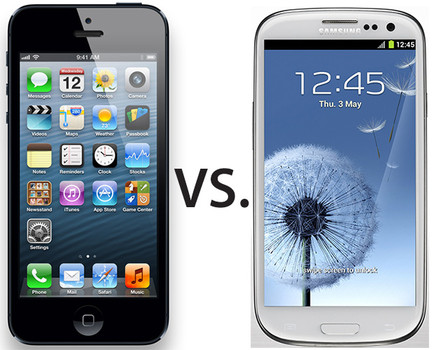We talked about ambush marketing in class, but what about plain old ambushing people? The blog “Adweek” recently published a post about a crazy video that Pepsi uploaded to YouTube staring American NASCAR racer Jeff Gordon.
The short clip shows an unsuspecting car salesman being taken on the ride of his life, curtsey of a very well disguised Gordon. The drive is captured on film by a tiny camera hidden in a Pepsi can, the only time the brand is really seen or mentioned.
While Adweek’s interview with the director of the clip is very informative (over 30 million views, yes the car salesman is a real guy, and no, there was not any one harmed in the making of the video), they never touch on whether or not this is an effective ad.
When we think about effective advertising, this video gets a homerun for some of the points for sure. Does this ad grab my attention? Of course! I could hardly look away and before it was even half way through I had already sent the link to my car-obsessed boyfriend. By the next day I had probably mentioned the video to at least three people, yet, without mentioning Pepsi even once.
Promotion is defined as “getting the right message to the right audience through the right media.” This video is certainly reaching the right audience through the right media, but is it sending the right message? In a market where Coke and Pepsi are so competitive I wonder if this ad will really make any difference towards market share. My thoughts after watching the clip were along the lines of “This is so crazy, and who is Jeff Gordon anyways!?” as opposed to “wow Pepsi is SO cool.”
I think it would have been a good idea to shoot more of the Pepsi logo and mention the company once or twice more to really let the message sink in that Pepsi is fun and cool, and not just this video. While my attention is certainly held, I do not feel the need or desire to do anything about it. Anyone feel differently?



